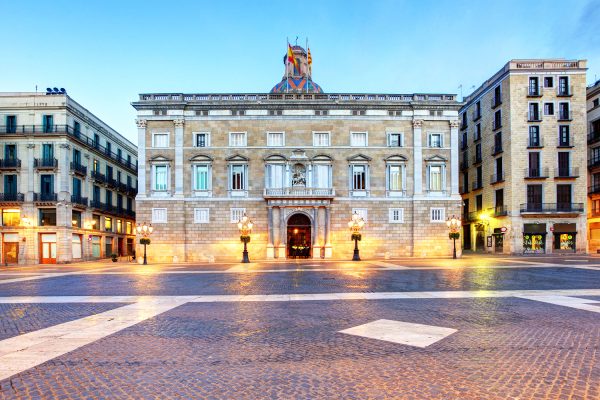
Catalonia’s separatist parties, which won a majority in last month’s election, have taken the first step to forming a regional government.
The Republican Left, the formerly center-right Together for Catalonia — which now presents itself as a big tent — and the far-left Popular Unity Candidacy (CUP) have divided up five of the seven seats on the presidium of the new parliament, with the speakership going to Together’s Laura Borràs.
The Republican Left, the biggest party for the first time since the Civil War, has its eyes on the regional presidency.
Commons out
The alliance of Barcelona mayor Ada Colau’s Catalonia in Common and the regional affiliate of Podemos (We Can), which governs with Prime Minister Pedro Sánchez nationally, was not part of the deal, suggesting that the Republican Left’s hope of forging a broad coalition for Catalan self-determination will not come to pass.
The “Commons” are the only party in Catalonia who are neither separatist nor unionist. They support a legal referendum on independence but would vote to remain in Spain.
Normalization
CUP would break away from Spain tomorrow of it could, referendum or not. Its membership of the presidium is a first, and a sign of the radical anticapitalist party’s normalization. It has supported minority governments of the larger two independence parties since 2015. In that period, it has gone up from seven to nine seats.
The leftists demand police reforms in exchange for their support this time. Specifically, a ban on the use of foam projectiles and the withdrawal of riot squads from home evictions. The Republicans and Together would prefer to debate those proposals in the new legislature, but CUP wants them to commit now.
Deadline
The first deadline to elect the next president is March 26, when Pere Aragonès, the Republican Left candidate, would need an absolute majority of 68 out of 135 seats.
If he falls short, a second vote could be held in which he only needed a simple majority of more votes in favor than against. Abstentions would not be counted.
